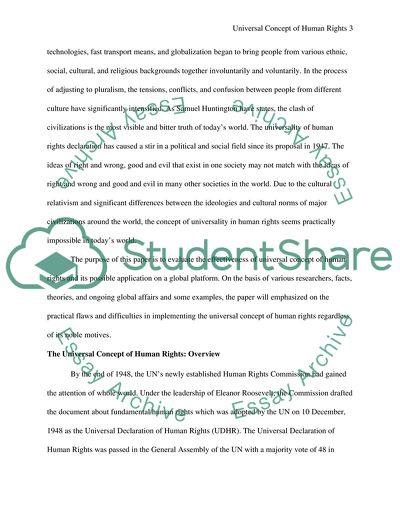Cite this document
(“Is a universal concept of Human Rights possible Essay - 1”, n.d.)
Is a universal concept of Human Rights possible Essay - 1. Retrieved from https://studentshare.org/social-science/1673643-is-a-universal-concept-of-human-rights-possible
Is a universal concept of Human Rights possible Essay - 1. Retrieved from https://studentshare.org/social-science/1673643-is-a-universal-concept-of-human-rights-possible
(Is a Universal Concept of Human Rights Possible Essay - 1)
Is a Universal Concept of Human Rights Possible Essay - 1. https://studentshare.org/social-science/1673643-is-a-universal-concept-of-human-rights-possible.
Is a Universal Concept of Human Rights Possible Essay - 1. https://studentshare.org/social-science/1673643-is-a-universal-concept-of-human-rights-possible.
“Is a Universal Concept of Human Rights Possible Essay - 1”, n.d. https://studentshare.org/social-science/1673643-is-a-universal-concept-of-human-rights-possible.


